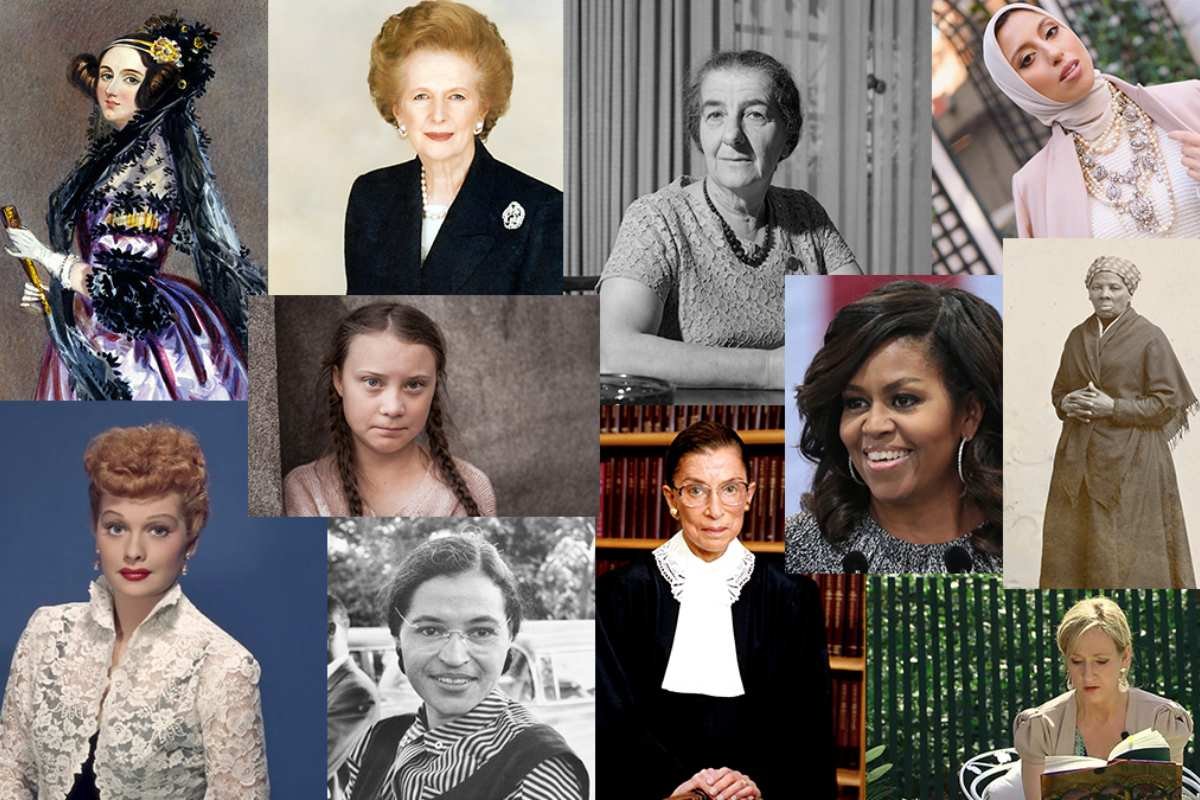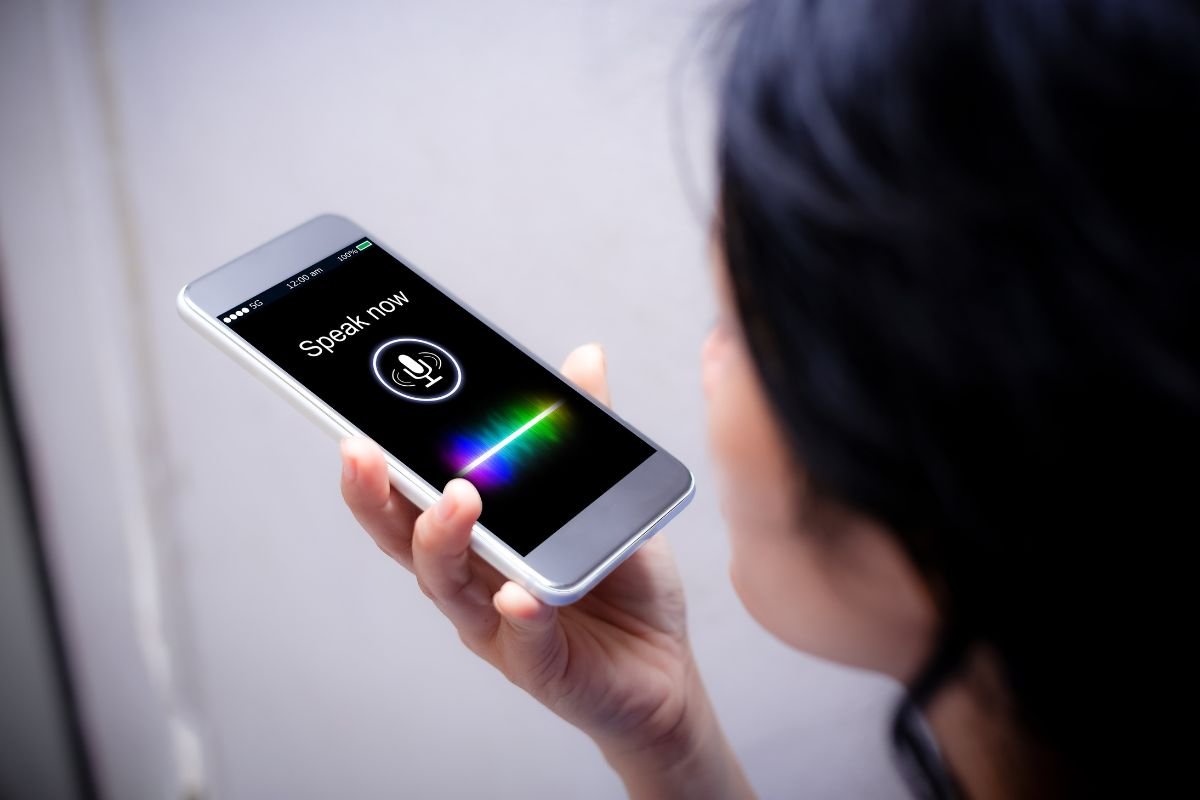We’ve all heard of artificial intelligence, or AI as you probably call it, and you’ve probably heard that it’s fast, efficient, and it can basically automate… whatever you want it to. But there’s something you might not have considered, and that’s how AI in healthcare could be used to take better care of people – from early detection of illnesses to mental health support, AI can potentially change healthcare for the better for a lot of people.
Of course, it’s never going to replace human care, but it could work alongside it to create something personalised, accessible, and proactive, which is exactly what most people need. With that in mind, keep reading to find out more.
Smarter, More Personal Healthcare
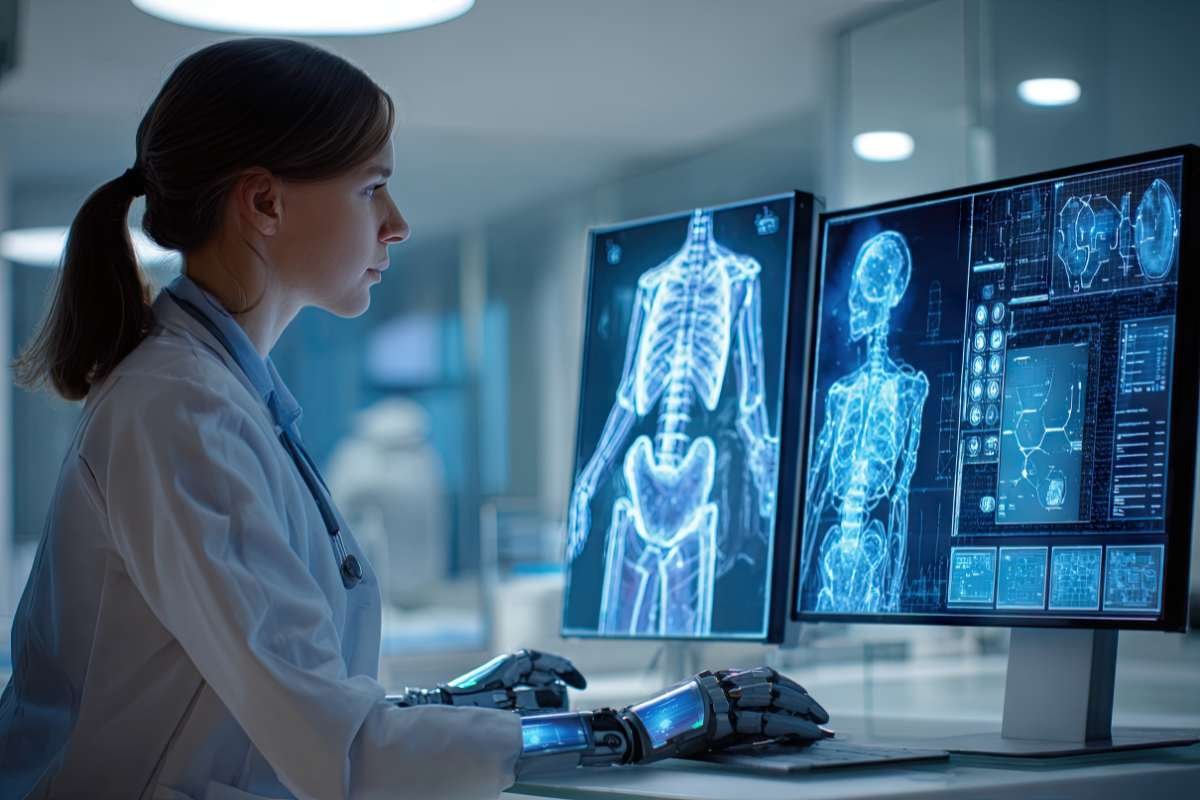
One of the biggest changes that AI could bring is that people could be seen as individuals. That might sound strange, but the fact is that traditional healthcare tends to look at broad patterns, like age, weight, symptoms, etc, but AI in healthcare could process things a lot faster, and then it could come up with much more specific healthcare results.
That’s great because it could lead to faster diagnosis, more accurate treatment plans, and – ideally – better prevention too. For example, wearable technology can track sleep, heart rate, physical activity, and so on, learning what’s normal for each person, and therefore spotting early signs when something’s off. That’s going to help both patients and doctors catch potential problems sooner.
Better Accessibility For Everyone
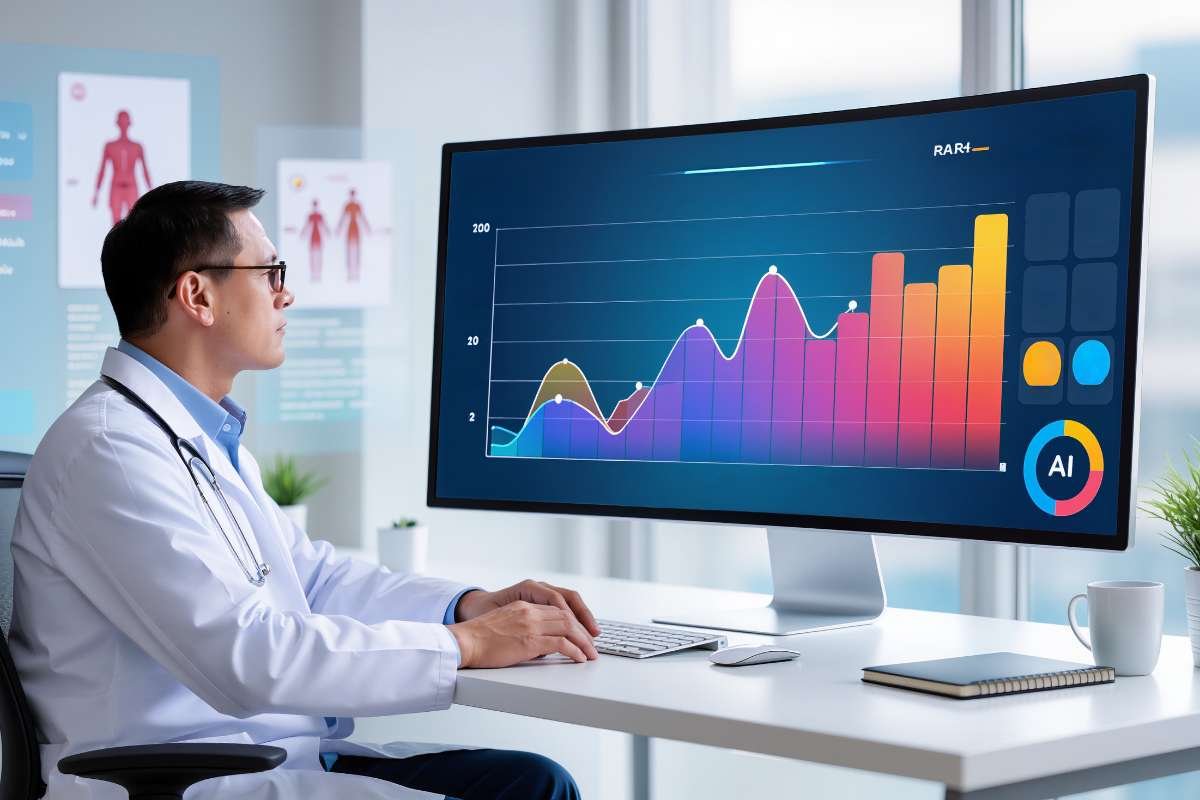
AI is also helping to close the gap between people who can easily access healthcare and people who can’t for a variety of reasons. That’s because things like chatbots and virtual assistants can be there to provide round-the-clock support, answering basic medical questions, reminding people to take their medication, or perhaps helping them book appointments, and so on.
As we’ve said, AI isn’t going to replace doctors, but it can be used to remove some barriers for people who need it, and if that means they can get the healthcare they need, it’s got to be a good thing.
A New Era In Hearing Health
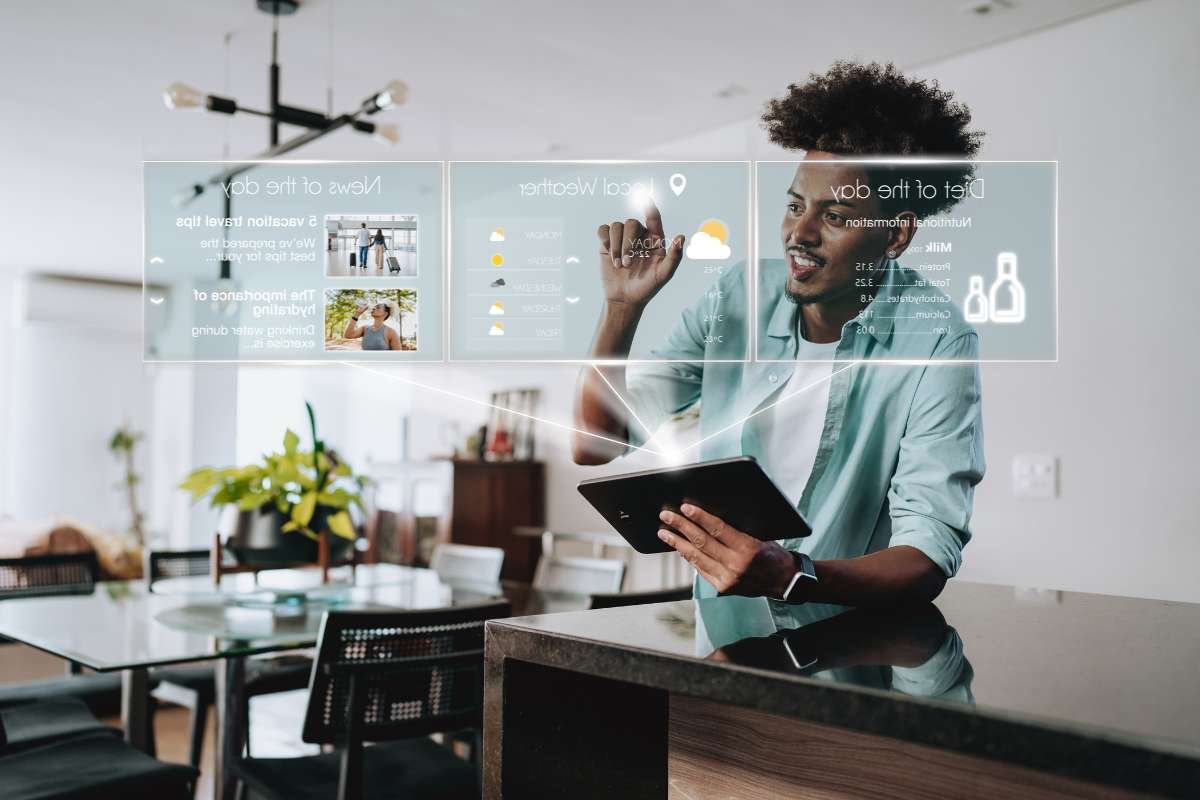
There are loads of examples of where AI is helping when it comes to healthcare, but one that’s very interesting is AI in hearing healthcare. Hearing aids used to be just basic amplifiers, but modern devices powered by AI are a lot more sophisticated, and they can even distinguish between different types of sound (like speech, background noise, and music, for example), and they’ll adjust automatically to give the wearer the best possible hearing.
Some systems can even learn from daily use, and they’ll adapt to different environments and personal preferences over time, so they work with you not just for you.
Final Thoughts
AI is often described as the future of technology, but why can’t it be the future of care as well? By helping people understand their own health better, and giving professionals more accurate results, surely AI in healthcare is going to make healthcare a better, more positive experience for everyone? It’s worth paying attention to to see what happens.


